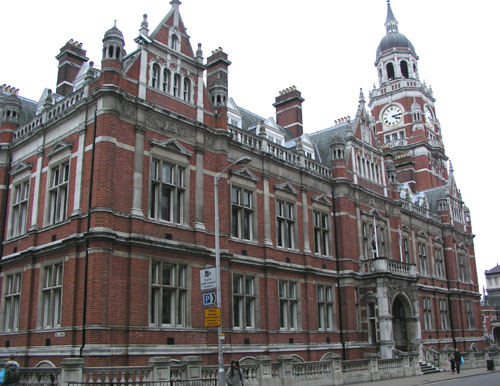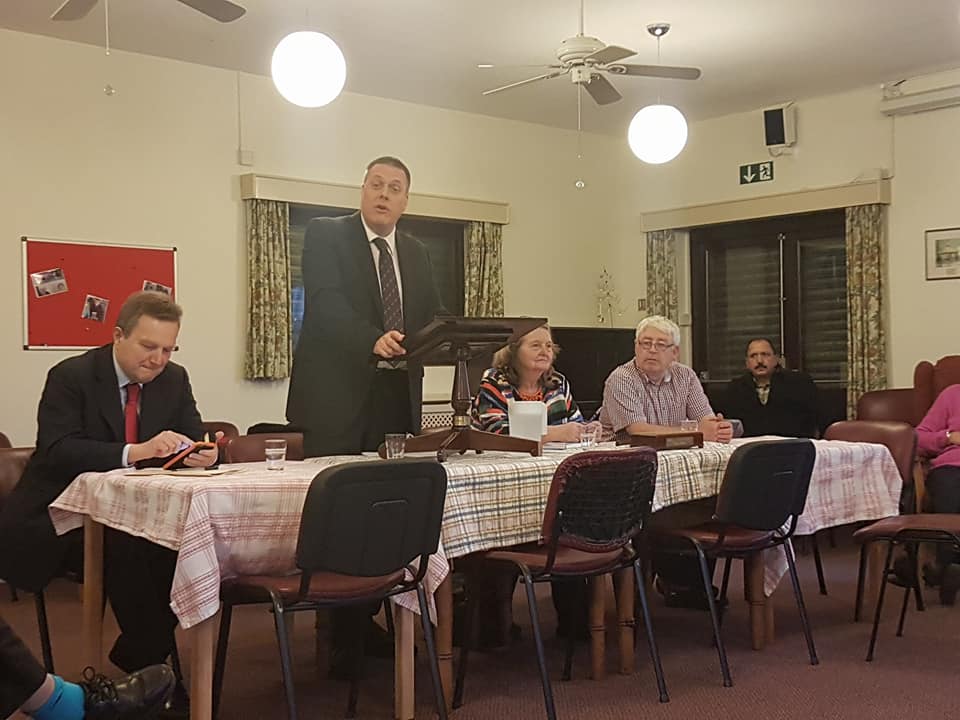By Mike Swadling
Many of us are used to buying and selling goods on eBay and similar sites. You will have bid, suggested, or offered a price, you will have agreed the price and exchanged the goods. As the buyer, would you have wanted the council to come in and tell you that price is wrong, and you have to pay more? As the seller would you want the council to have increased the price and have maybe lost you the sale?
I originally wrote a version of this article in 2018 about my local councils plan to make Croydon “a living wage borough, not just a living wage council”. The council was already paying the living wage for their own staff and expecting it of its contractors. Predictably the council went de facto bankrupt with the issuing of now three Section 114 notices.
The living wage is a voluntary minimum hourly rate for those 18 and older set by the Living Wage Foundation. In London, the rate is £11.95 per hour and in the rest of the UK it is set at £10.90. This compares to the legal minimum wage of £9.50 per hour for those over 22.
“If an employer can only make £10 an hour of value from someone, but must pay above this, they simply won’t employ them.”
Now on the face of it what’s wrong with paying people more, and who doesn’t want more pay? The problem comes when some outside force, say a branch of government, decides the best rate of pay for an employer to pay. If an employer can only make £10 an hour of value from someone, but must pay above this, they simply won’t employ them. We know if governments increase the price of something it sells less, and we get less of it in the market. Tax on cigarettes has been part of the reason for the collapse in the number of people smoking. We tax energy to reduce its use to theoretically help the environment. It follows on that increasing the price of work will lead to less work.
” If, however, you want to earn some money but don’t have the skills to generate value above the living wage, then the rungs of opportunity have been removed from your ladder.”
What jobs are there going to be less of? It’s quite common for well-educated, middle-class children to use a period of unpaid internship as a means of getting into a profession. This is fine if you can afford periods of unemployment and are suited to the types of roles offering internships. If, however, you want to earn some money but don’t have the skills to generate value above the living wage, then the rungs of opportunity have been removed from your ladder. These aren’t jobs or wages that will sustain families but are jobs that give you opportunity to build and grow your skills. In a cost-of-living crisis these might simply be jobs that allow you to heat your home or keep that roof above your head.
Rational people will take jobs that earn them the most money consummate to their skills and desire to select specific types of roles. Increasing your skills and taking risks improves your work opportunities. If, for whatever reason, you leave education with relatively few qualifications, you will likely need what the Americans call ‘burger flipping’ jobs, to build up your experience to a point where you can command ten, twenty, or more pounds an hour. With rampant inflation hurting those often-older people on fixed incomes, you might need these jobs to keep your financial head above water. The government and many well-meaning councils, businesses, and charities are interfering in the rational choice and freedom of someone to earn the most, and cope as best they can.
This article was also published by Blacklist Press.










